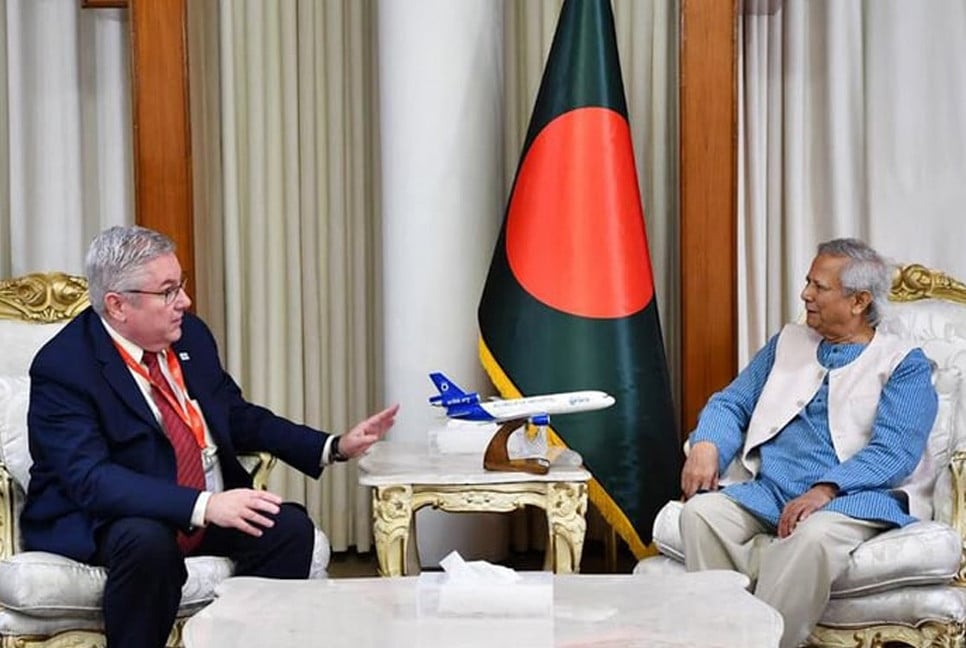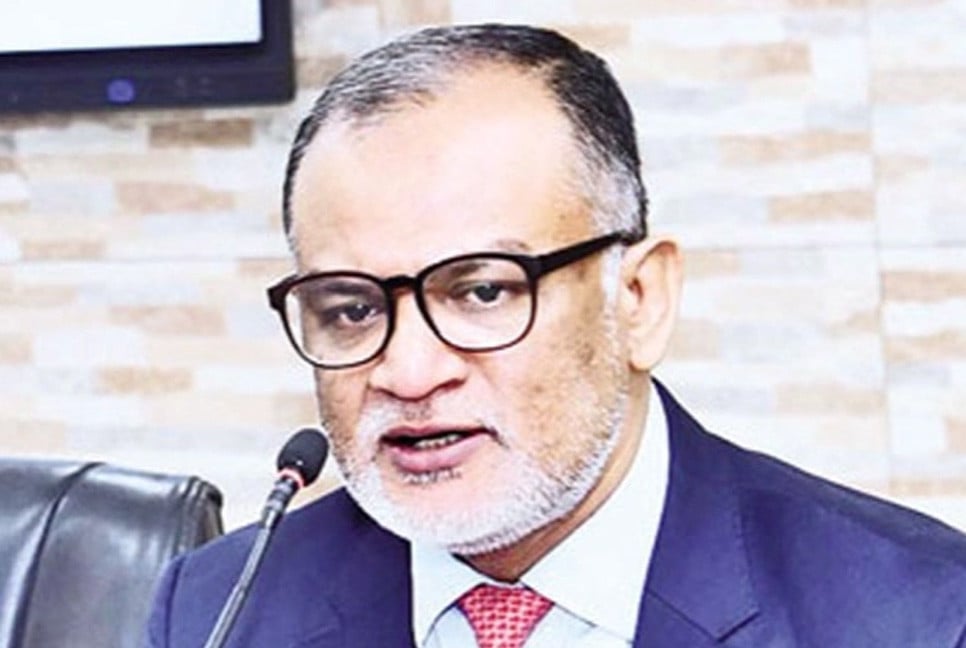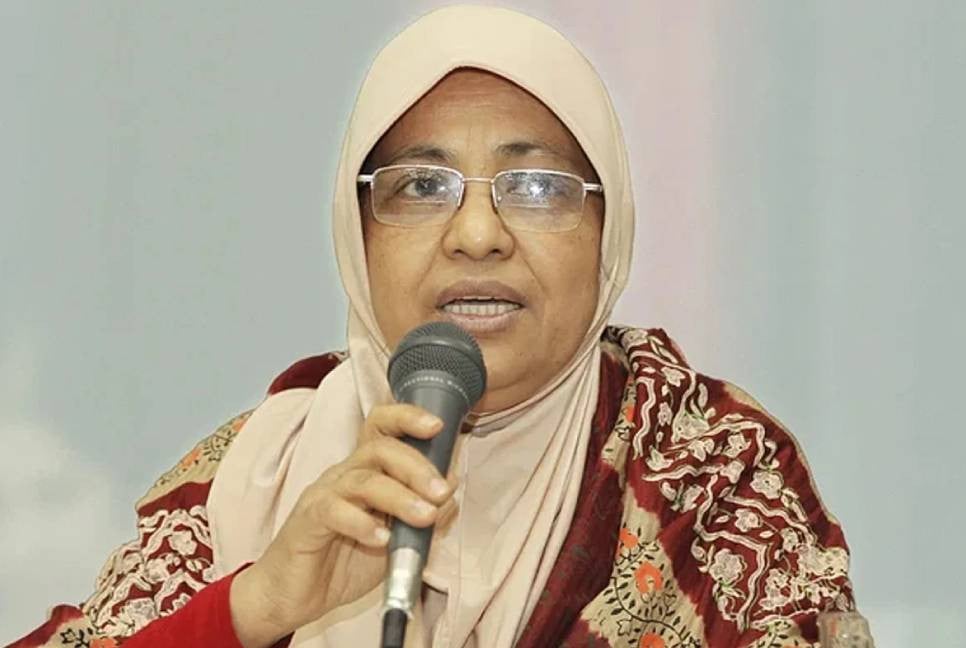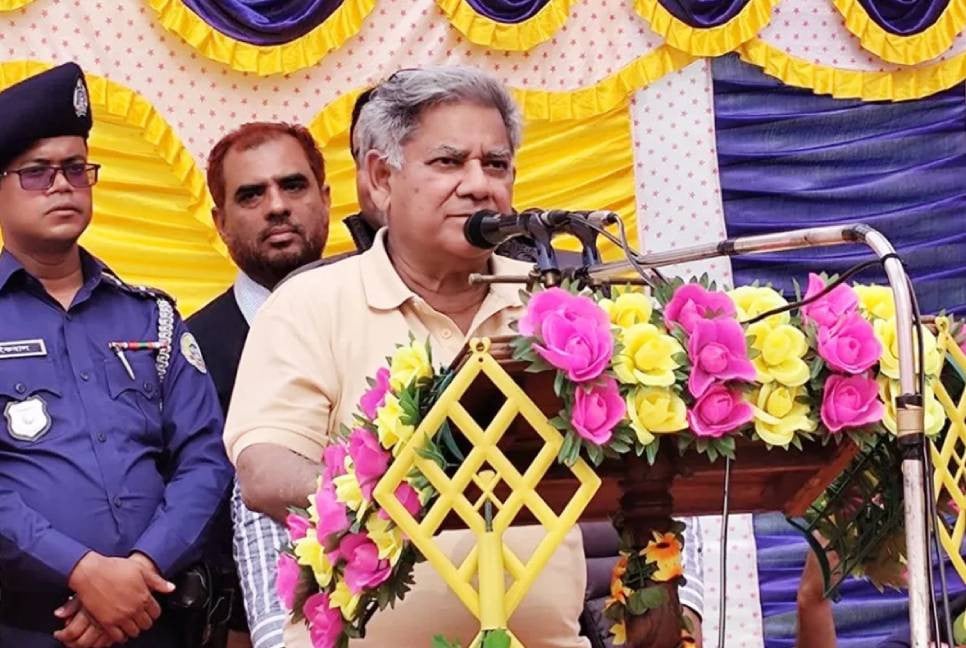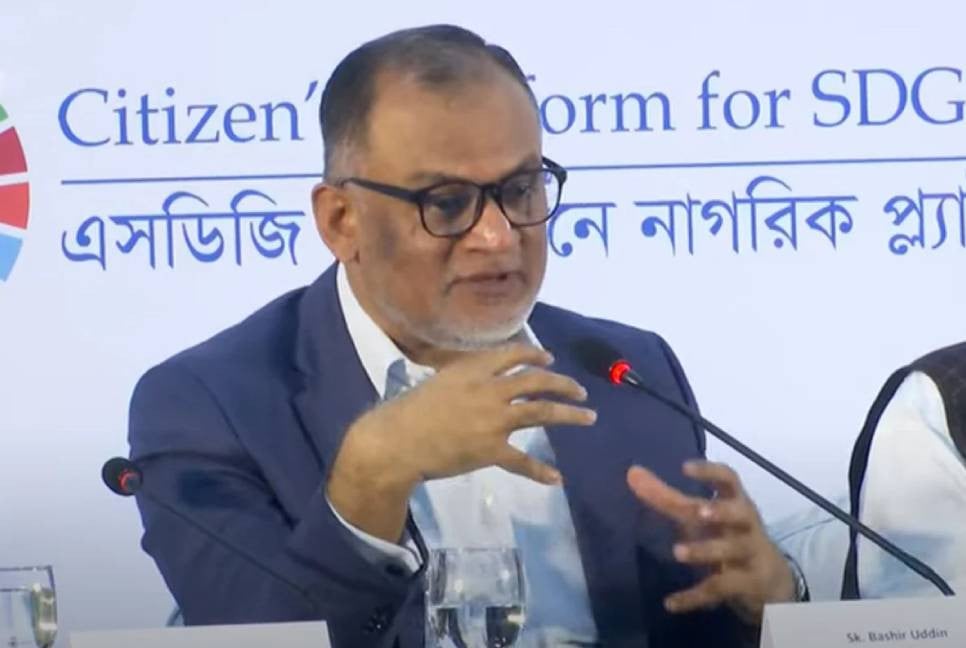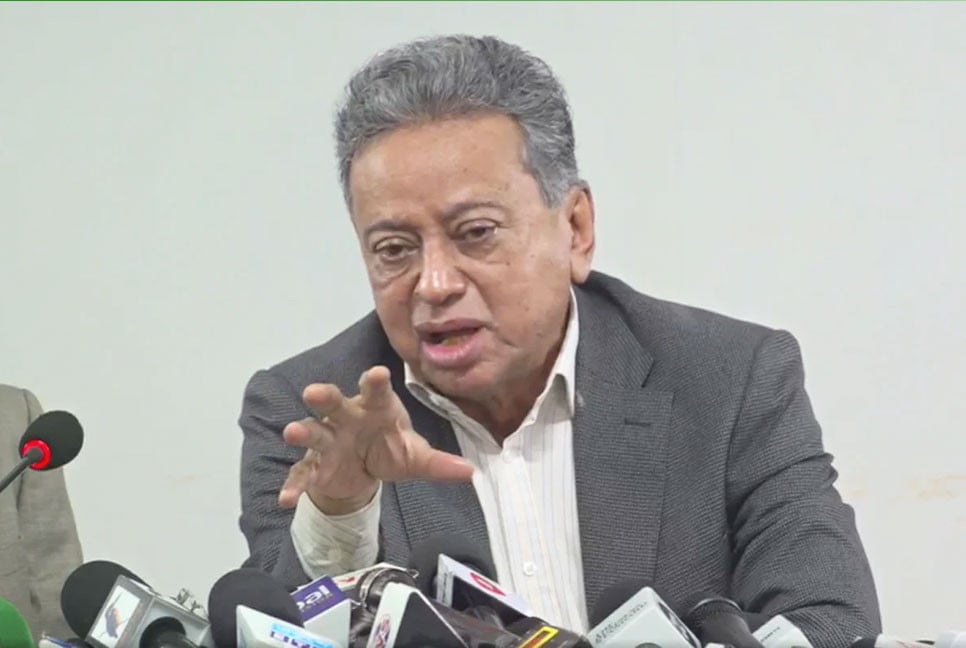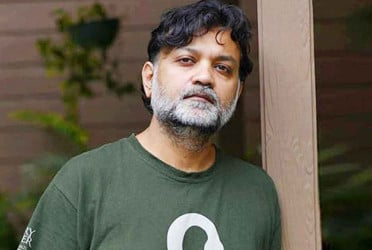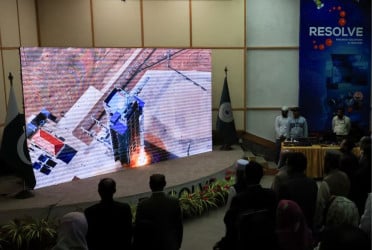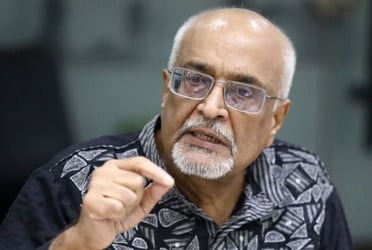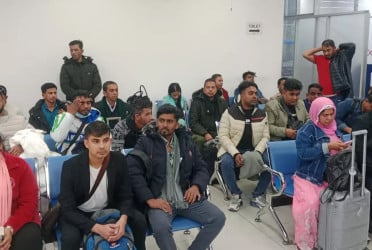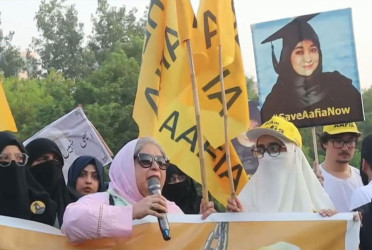Chief Adviser Prof. Muhammad Yunus has expressed Bangladesh's eagerness to work and collaborate with global nonprofit Orbis International to expand eye care services in the country, reports BSS.
Speaking at a meeting with Orbis International President and CEO Derek Hodkey, he said Bangladesh needs to expand eye care services and is ready to work with Orbis International to this end.
Derek, who is visiting Bangladesh as part of the Orbis Flying Eye Hospital's training programme now taking place in Chattogram, met Prof Yunus at his office in the capital on Wednesday (Nov 20), a press release said on Friday.
Orbis Bangladesh Country Director Dr Munir Ahmed accompanied Derek during his meeting with the Chief Adviser.
The Orbis President presented the Chief Adviser with a model version of the Flying Eye Hospital, which he highly appreciated.
Derek spoke with the Chief Adviser about the work of Orbis International, which began its global sight-saving programmes in 1982.
In Bangladesh, Orbis has been working with the Ministry of Health and Family Welfare for 39 years.
During this period, Derek said, Orbis has so far conducted over 7.8 million eye screenings at community outreach events, provided more than 4.5 million medical and optical treatments to adults and children, performed more than 258,000 eye surgeries, and trained more than 40,000 eye care professionals in Bangladesh.
Prof Yunus acknowledged Orbis's contribution to the eye health sector in Bangladesh and expressed his appreciation for the Flying Eye Hospital, which is now conducting its 11th training programme in the south Asian country.
"I love Orbis. I love the Flying Eye Hospital," he said, pointing out that Orbis is one of the key players in Bangladesh's eye health sector.
Derek said Orbis is delivering sight-saving programmes in over 200 countries and territories worldwide to help individuals, families, and communities to thrive.
Pointing out that around one billion people across the globe live with completely avoidable blindness and vision loss, Derek said that, for over four decades, Orbis has been tackling this challenge by building strong and sustainable eye care systems.
According to the Orbis president, the non-profit runs dedicated in-country programs in Africa, Asia, and Latin America, and develops and implements innovative training and technology.
He said over the past four decades, Orbis has helped improve the skills and knowledge of local partners in Bangladesh, with a focus on paediatric eye care, microsurgery, retinal surgery, corneal diseases, retinopathy of prematurity, and diabetic retinopathy.
Derek told the Chief Adviser that Orbis has established 42 vision centres, which connect communities throughout the country, especially in rural areas, with eye care, and has supported the establishment or improvement of 17 secondary hospitals, four tertiary hospitals, two wet labs, one quality resource centre, and one digital training hub.
Additionally, Orbis has equipped 400 community clinics with vision screening tools and developed Bangladesh's first national guidelines for the screening and management of retinopathy of prematurity, a leading cause of childhood blindness, he mentioned.

